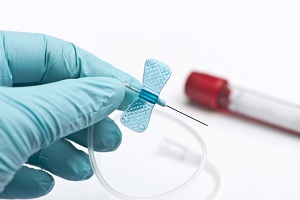A team of Estonian scientists has announced that they have found a way to make genetic tests more precise. The new technology makes it possible to analyze the number of clinical biomarkers at the molecular level. This should increase the accuracy of the tests, making them even cheaper. If the TAC-seq method proved to be reliable, it could be used both for the diagnosis of genetic diseases and in fertility clinics.
The method measures the number of DNA and RNA molecules used as biomarkers and present in the samples. In this way it gives a more accurate picture of the patient's health status. It indicates the presence of illness, but also the possible reactions to certain drugs. Among the possible applications, there is the identification of the best period to implant an embryo.
Traditional genetic tests amplify DNA, otherwise there is not enough material for sequencing. Unfortunately it is not known how many copies of the original molecule are, so the results are necessarily less accurate. The new method, on the other hand, identifies and removes all copies of the original molecule. In this way the results are much clearer and reflect the real conditions of the patient.
For the moment there are three possible applications for the method.
- Endometrial receptivity test. It could help to determine the levels of specific RNA molecules, so as to identify the best time to implant an embryo.
- Non-invasive prenatal screening. In the future, it could improve the fetal DNA tests available today.
- Profiling of microRNA molecules. These molecules are biomarkers of different diseases and the method would save patients many biopsies.
Source: eurekalert.org
















